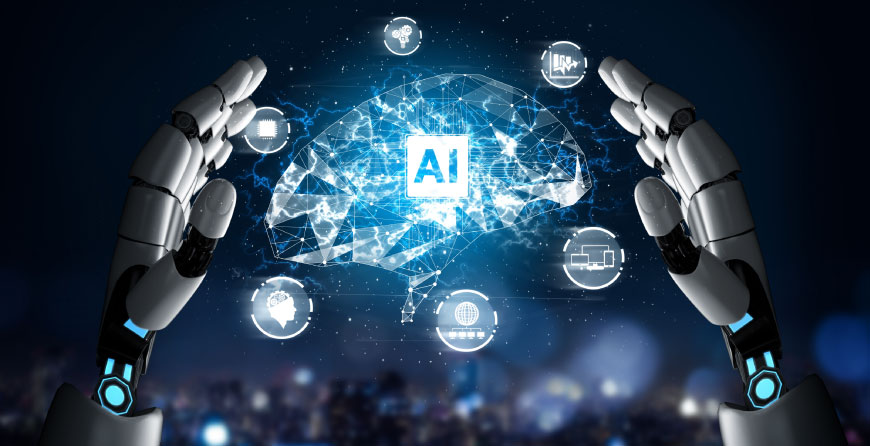Personalizing customer engagement through AI-powered marketing and analytics tools is transforming the landscape of modern business. With the rapid advancements in artificial intelligence, companies now have the ability to understand and anticipate customer preferences more accurately than ever before. By leveraging these tools, businesses can move away from one-size-fits-all marketing approaches to more individualized strategies that resonate with each customer on a deeper level. This transition not only enhances customer satisfaction but also drives customer loyalty and repeat purchases. The power of AI in marketing lies in its ability to analyze vast amounts of data quickly and accurately. By examining customer behavior, preferences, and interactions across multiple platforms, AI tools can create detailed profiles that provide insights into what each customer is likely to respond to. These profiles help marketers craft targeted messages, recommend products, and suggest content that is aligned with individual tastes and needs. This level of personalization not only improves the customer experience but also increases the efficiency of marketing campaigns, reducing wasted resources on generic messaging that might not engage the audience effectively.

Moreover, AI-powered analytics tools can continuously learn and adapt based on user interactions, enabling businesses to refine their strategies over time. As customers interact with brands, their preferences and behaviors change, and AI systems can keep pace with these shifts. This adaptability allows for real-time adjustments in marketing tactics, ensuring that the communication remains relevant and engaging. For example, if a customer starts showing interest in a particular category of products, AI tools can automatically update their profile to include this preference, thus enhancing future recommendations and offers. In addition to personalization, these tools provide deeper insights into customer preferences and behaviors. Businesses can use advanced data analytics to track how customers interact with their brand, from browsing habits to purchase patterns. This data not only informs marketing strategies but also helps in understanding the effectiveness of different channels, such as email, social media, or mobile apps.
The best ai sites identifying which channels and messages yield the best response, companies can optimize their marketing spend and focus efforts on the strategies that deliver the highest ROI. Furthermore, AI can assist in automating customer service interactions, making it more personalized and efficient. Chatbots, for instance, equipped with AI capabilities, can handle customer inquiries in real-time, providing instant responses based on individual customer profiles. This level of interaction not only improves response times but also makes the service feel more personal, as customers receive relevant information and recommendations tailored to their needs. This is crucial for maintaining a high level of customer satisfaction, as quick and accurate responses can turn a simple inquiry into a positive brand experience. Finally, AI-powered marketing tools help businesses stay ahead of the competition by predicting trends and understanding emerging customer needs. With machine learning algorithms, companies can forecast future preferences, enabling them to innovate and adapt quickly. This foresight allows businesses to not only anticipate market shifts but also proactively address customer concerns and preferences before they become widespread.
